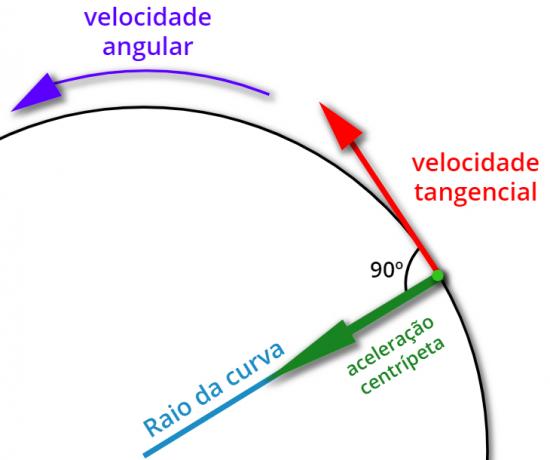Five Brazilian students were awarded at Harvard's 2023 International Hackathon competition. To participate in the selection, it was necessary to propose solutions to help public management and offer better health resources to the population.
This year's theme was “Digital Solutions for Building High-Value Health Systems in Latin America and the Caribbean” and the challenge was to create initiatives for cardiovascular disease and cancer.
see more
Research reveals that teenage brains are 'wired' to…
PicPay will now charge a fee for inactivity; see how it will work
In addition to Harvard, the award is supported by the Getúlio Vargas Foundation (FGV) and other universities in Mexico, Colombia and Peru. The contest had over a thousand participants, with only 740 people selected and able to represent 37 countries. Afterwards, they formed 166 teams that competed for the awards.
See what was the initiative of Brazilian students
The solution found by the group was the creation of the PulSUS application, which optimizes the routine of
UBSs (Basic Health Units) and, mainly, professionals working in cardiology.Thus, in addition to the good news that students from the country are being awarded internationally, we see that the initiative aims to meet the Health Unic System (SUS).
The application issues population reports and the region of the care unit, as well as records patient data, such as the frequency of drug intake and the symptoms presented.
Another differential of the app is that the system would also generate considerable savings for the Health System, since it has the capacity to maintain the treatment and follow-up of patients. This practice would reduce the number of emergency visits, maintaining periodic consultations in basic health units.
Meet the members of the winning Brazilian group:
- Karen Ribeiro, from the Federal University of Paraná (UFPR)
- Laís Reis, from the Faculty of the Americas (FAM)
- Pedro Henrique Gunha Basilio, from the Little Prince College
- Marina Bassi, from the Fluminense Federal University (UFF)
- Victoria Morbach Siebel of Feevale University
Other Brazilians also won second place in the same competition. The group's goal was to produce a non-invasive tool to predict the molecular status of brain cancer.
As a result, the competition managed to recognize the scientific and technological production of Brazilian students and developed great tools for the health of the population. The winning team received US$5,000 and the opportunity to participate in a six-month incubation program to continue developing the project.



